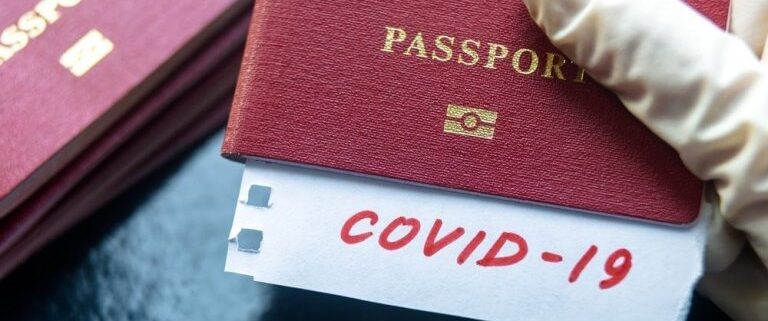An Immunity Passport After COVID-19 And How Digital Health Can Support It
If you’re reading this from home due to the COVID-19 pandemic, then you’re likely not the only one. Even at The Medical Futurist, we are working from home to bring you the latest digital health news in a timely manner. One of the latest trends of interest to governments is the immunity passport or some certified methods to ensure someone has antibodies against SARS-CoV-2 in order to move around.
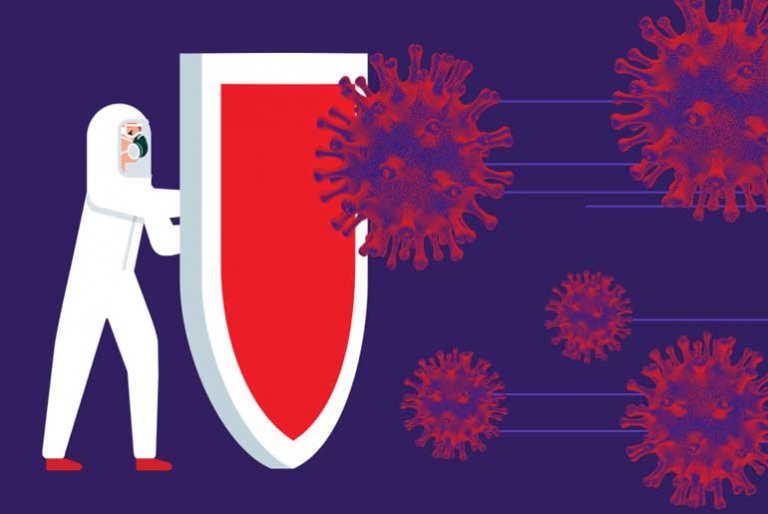
We have already discussed scenarios about how and when the pandemic will end, but we’ve also analyzed the ways that life will drastically change. One of the major changes we could experience is the introduction of an immunity passport. This new health document is gaining attention as a means to slowly and safely get things back to “normal”; or what we will consider normal post-COVID-19.
However, despite being attractive, experts dispute its efficacy. Others are pointing out that such a document will only highlight inequality issues. Some are even evoking similarities from horrendous historical events.
So what to make out of this so-called immunity passport? Let’s see where the potential next travel document stands as of now, how effective it can be, and its digital health aspects.
What is an immunity passport?
This document will certify that someone is immune to SARS-CoV-2, by performing an antibody test and a virus test. The former will check whether the person has had a previous encounter with the virus and their immune system responded accordingly by producing antibodies. The latter will check if there’s any active infection going on, with the virus still present in the person. The person will get an immunity pass if the antibody test is positive (competent immune response) and a negative virus test (no longer carrying the virus).
Once issued, this document could be a requirement to allow the holder to go back to work, travel, or, like a recent Quartz article puts it, “participate in society”. Given that the person is proven immune to the disease, they cannot get infected again and won’t pose a public health risk; hence it could become a requirement by companies or even airlines.
A version of this concept is already in place. Emirates Airlines had conducted the first rapid Covid-19 blood tests on airline passengers in mid-April before they flew to Tunisia. “We are working on plans to scale up testing capabilities in the future and extend it to other flights,” reads a statement from the company. “This will enable us to conduct on-site tests and provide immediate confirmation for Emirates passengers traveling to countries that require COVID-19 test certificates.”
Tech-savvy passports
With all the talks about reducing contact with others, checking such a passport will benefit from the help of technology; there’s already an app for that. UK-based Bizagi released CoronaPass, an app that stores the user’s immune status data obtained from a healthcare authority. It presents a QR code that an official can then scan to check the user’s immunity status. This can limit contact with other forms of an immunity certificate like a hard copy.
Of course, privacy issues come to mind with apps dealing with such sensitive data. According to Gustavo Gómez, Bizagi ’s CEO, the company is HIPAA-compliant. They only store the immune status of patients in an encrypted database. This data will only be accessible to governments or companies with access to the “requesting” side of the app. But what about other competitors which will sprout if demand arises? Will they also securely store patients’ data?
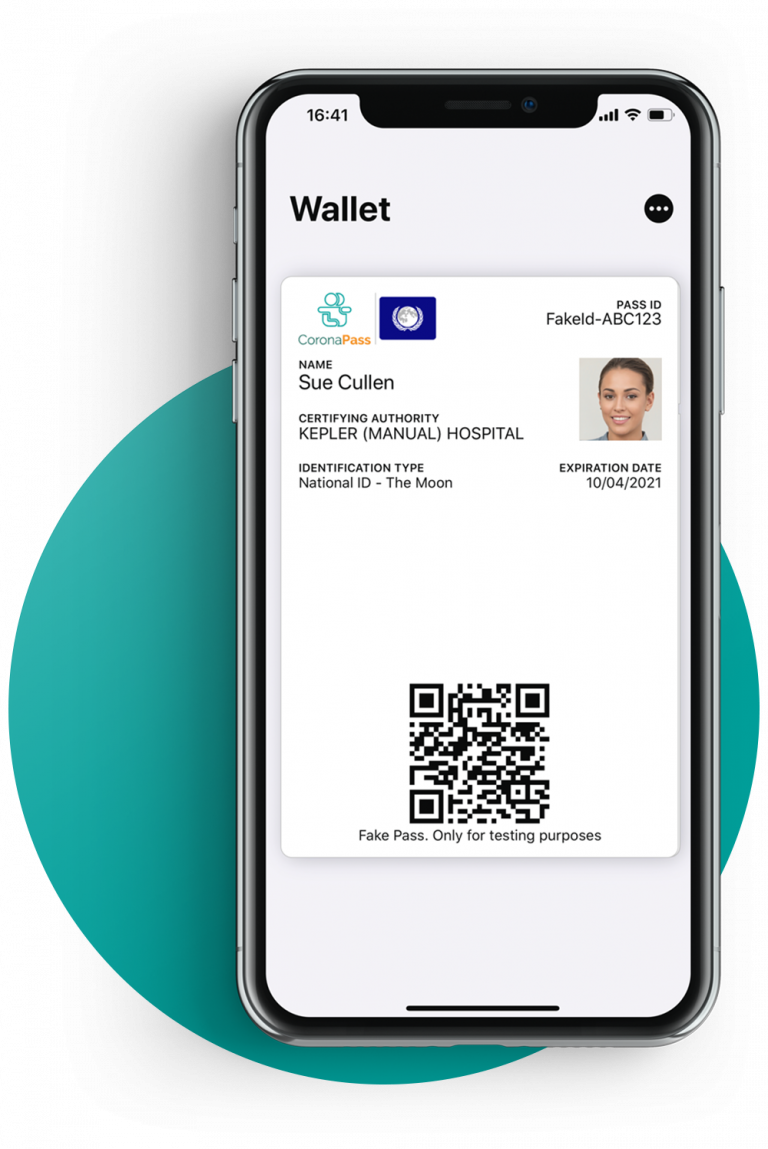
Another option would be to add blockchain in the mix. This is the approach of Vottun, a company specializing in the certification and traceability of data on the blockchain. The company’s CEO, Rohan Hall, explained that their immunity passport “can be verified at any time using cryptography by any mobile phone that can read a QR code”. They have already started to roll out their solution at the PwC firm in Spain. In the U.S., they’ve had ”early conversations” with the CDC and Dr. Anthony Fauci, Director of the National Institute of Allergy and Infectious Diseases, according to Cointelegraph.
Nonetheless, this concept raises further questions. Residents in China are questioning about leaks and how else such data might be used. Others are drawing comparisons with the need of an immunity pass to German soldiers demanding papers.
Is immunity passport the solution?
However, there are several issues pertaining to the validity of an immunity passport. First off, COVID-19 is caused by a new virus; new viruses, new problems, as you can probably attest to yourself. The outbreak has been ongoing for a couple of months and we don’t have a definite answer about how long immunity against the virus lasts.
We could get insights by analyzing other members of the coronavirus family, of which SARS-CoV-2 is a member. A study showed that immunity against SARS lasts an average of two years. But there have been reports of some recovered patients already testing positive again for COVID-19; although some could be attributed to testing errors. So for this specific virus, immunity could last for months or years; but we have no definite answer as of now.
Additionally, the timing of an immunity test is important. If someone is infected with the virus but their body hasn’t yet developed the antibodies the test checks, then the person will miss their immunity passport chance. Moreover, having antibodies can avert sickness but might not protect from an infection altogether. Again due to the novelty of the contagion, scientists don’t have enough data on the body’s immune responses for conclusive answers.
From a purely managerial perspective, an app with one’s immune status will prove to be a herculean task to control. To get a considerable chunk of society to use this software will be challenging. Only big tech companies like Facebook or Google have the resources and established user base to effectively implement it on such short notice.
When tests need testing
The issue with testing for immunity might very well be the tests themselves. Their accuracy needs to be verified via trials but given the speed of COVID-19’s spread, this has not been possible. This has resulted in unusable tests, like the 3.5 million ones that the U.K. government ordered.
Additionally, even if highly accurate tests are developed and tested, we are bound to see cases of false positives (people incorrectly identified as immune) and false negatives (people incorrectly identified as not immune). All it needs for a second outbreak is one infected individual. “Imagine the psychological state of a person who thought they were in the all clear and has gone back to work in a care home and ended up killing several people,” said Susan Michie, a professor of health psychology at University College London, who is also a member of the scientific group advising the U.K. government’s response to Covid-19. Such a prospect undermines the very purpose of an immunity pass.
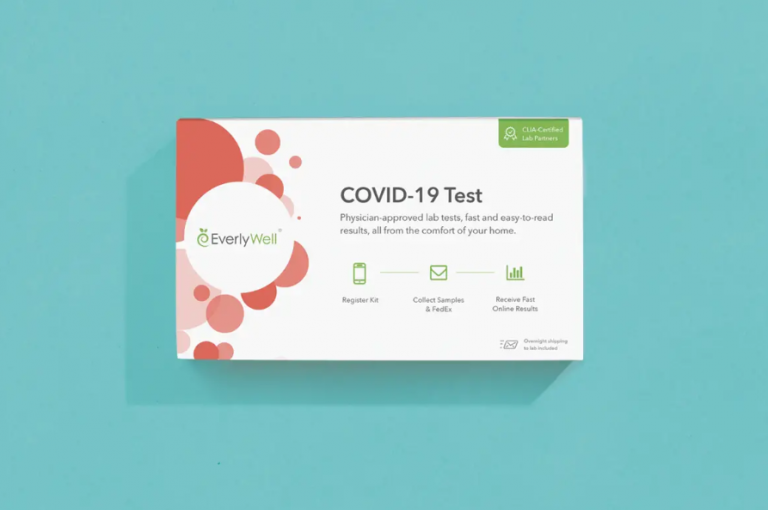
Things further complicate with testing for a new virus part of a larger family of viruses. “There may be cross-reactivity between the antibodies for SARS-CoV-2 [Covid-19] and other circulating coronaviruses – including those that cause common colds – meaning a positive result might not indicate past exposure to SARS-CoV-2 but maybe another coronavirus instead,” said Claire Standley, an assistant professor at Georgetown University’s Center for Global Health Science and Security.
It will take time, and a lot of trial and error before we can get a reliable test. “It took several years to develop antibody tests for HIV with more than 99% specificity,” says Peter Collignon, a physician and laboratory microbiologist at Australian National University in Canberra.
Yet another story of the haves and the have-nots?
The fact that such an initiative will highlight inequality issues cannot be ignored. A WHO report in late April showed that only a small fraction of the population, as few as 2% or 3%, have the antibodies to show a past infection with SARS-CoV-2. Only those privileged few will be allowed to go out? What about those who cannot afford to get tested?
“In an effort to return to work, or allow their children back to school, will the promise of an immunity passport make people behave less responsibly, and risk infection, in order to end up with a positive antibody test?” questioned Claire Standley.
While people are struggling to make the ends meet during a lockdown, if the only way to earn a living is with a pass, some might want to expose themselves to the virus so as to gain immunity. It could even sprout the need for forged immunity passports and a thriving black market. These will further put the population at risk, or lead to a second outbreak.
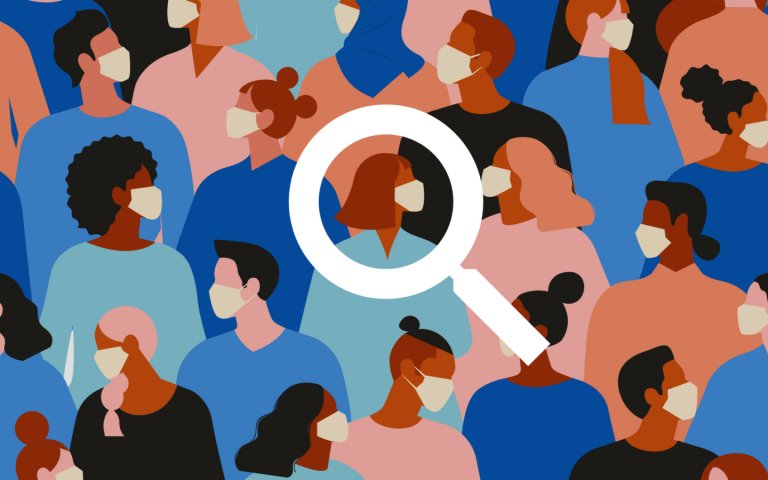
In early April, Kathy Hall, the director of the testing strategy for COVID-19 in the U.K., said that “no country appeared to have a validated antibody test that can accurately determine whether an individual has had COVID-19”. This will mean traveling to other countries under an immunity passport requirement might require other tests or apps validated by that country. This further complicates matters by adding another layer of financial and possibly legal issues with the immunity passport.
Another option?
Debates around the efficacy and need for an immunity passport will continue for months, if not years to come. In the short term, an immunity passport could help those immune to go back to work and get things running in a country.
But there are still lots of uncertainties and unanswered questions around immunity passports. These will likely remain until we get more information about this disease. Given these issues, we should hope for an effective vaccine to hit the market sooner; this will provide a safer solution.
Source: https://medicalfuturist.com/an-immunity-passport-after-covid-19-and-how-digital-health-can-support-it/

